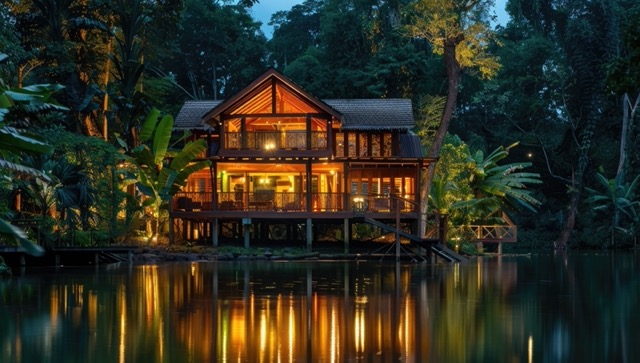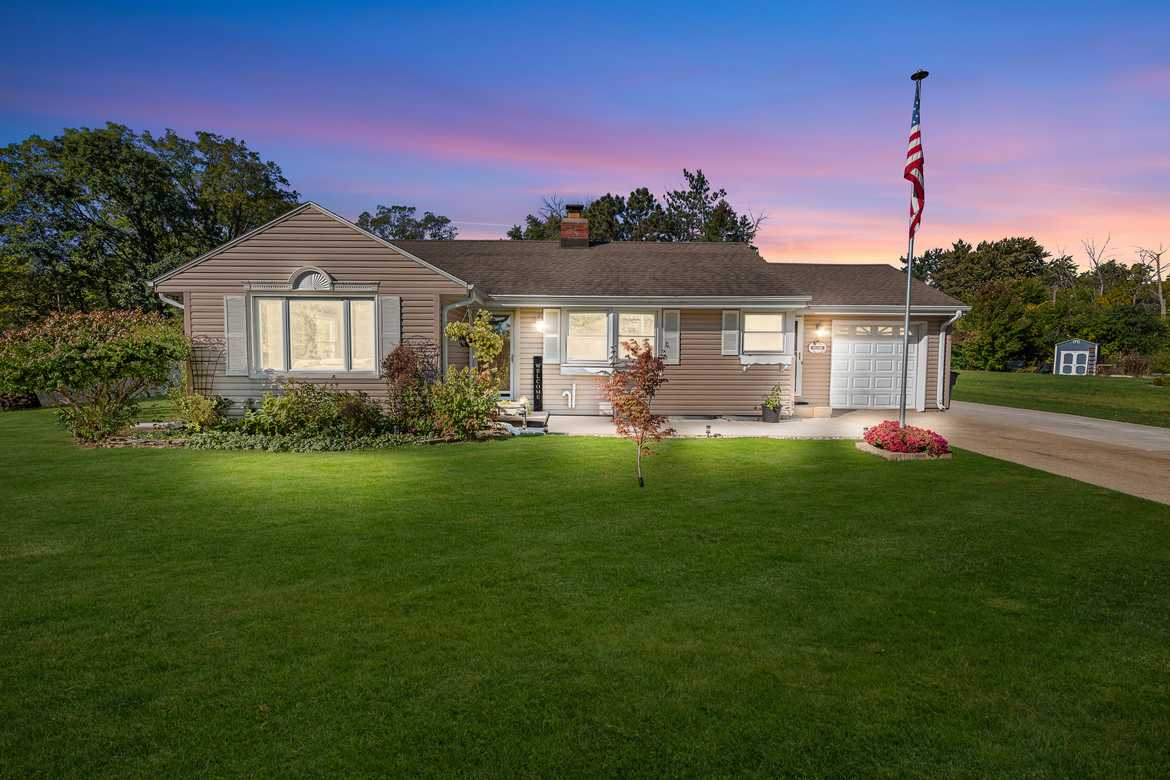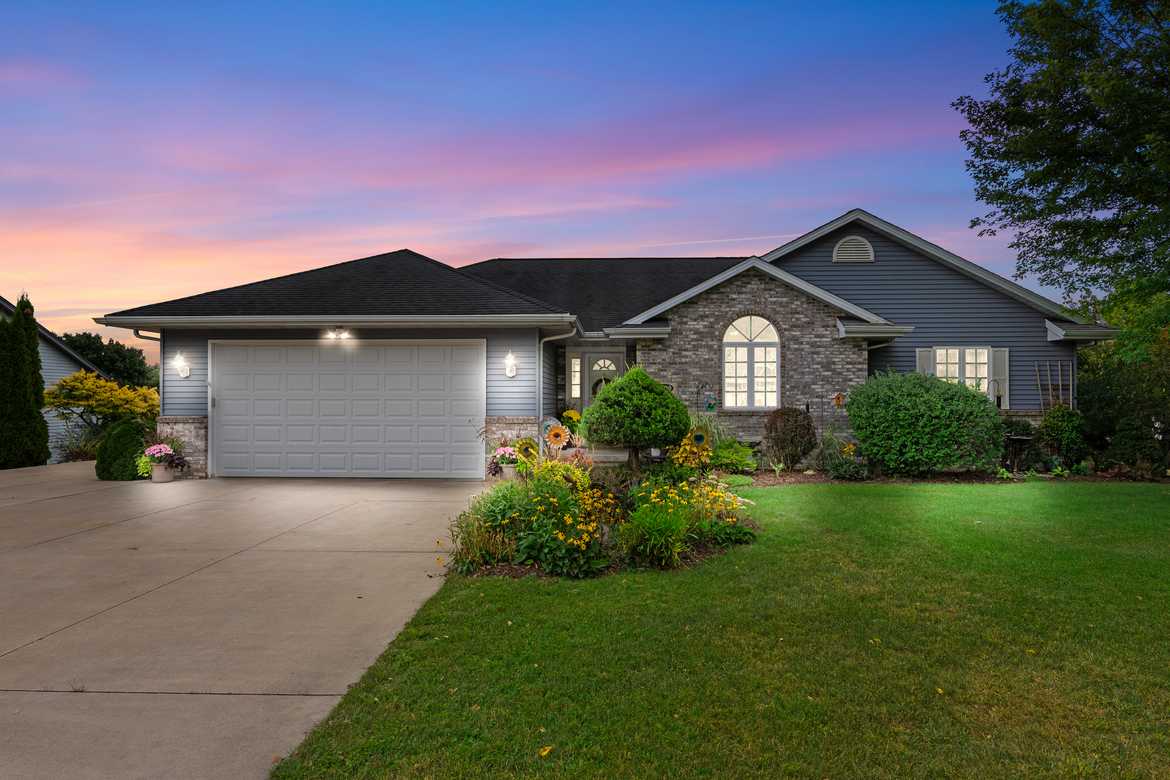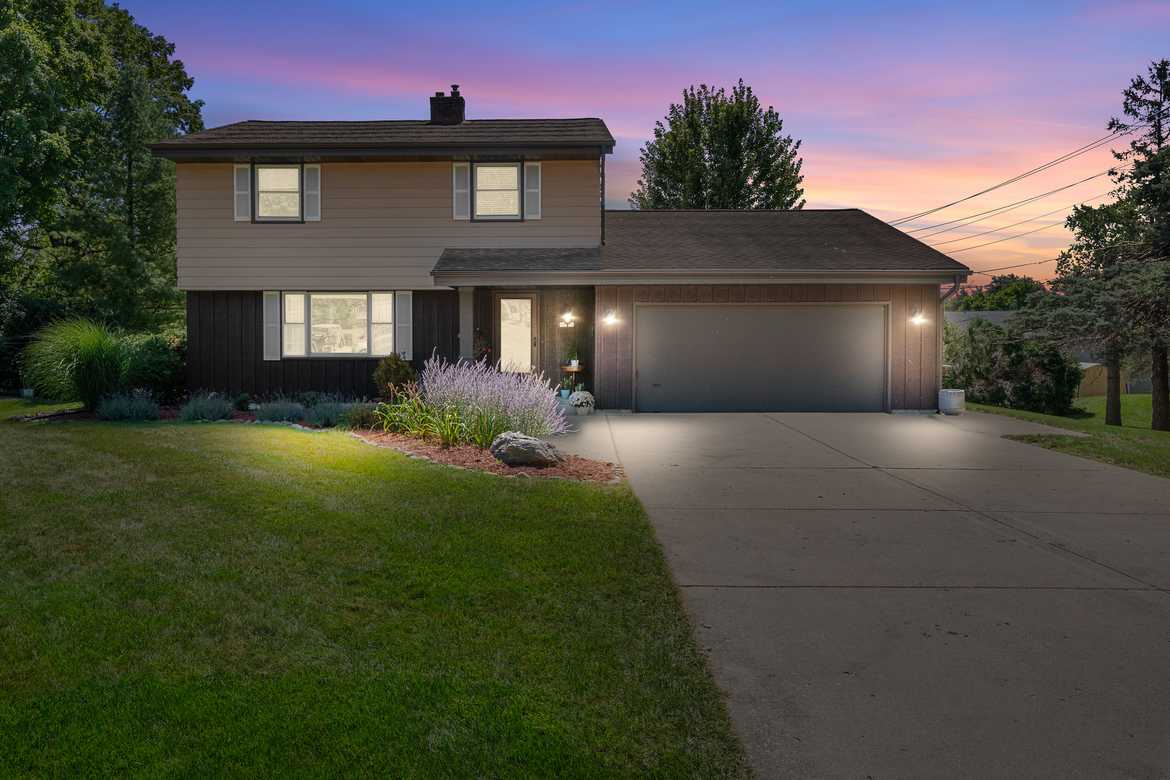The Ultimate Guide to Buying a Second Home in Wisconsin
Whether you’re looking for a serene escape from city life, an investment opportunity, or a vacation retreat, buying a second home in Wisconsin can be an excellent decision. With its breathtaking lakes, lush forests, and charming towns, Wisconsin offers a variety of options for second homeowners. This guide will walk you through everything you need to know about buying a second home in Wisconsin, from selecting the perfect location to managing the financial aspects of owning a second property.
1. Why Wisconsin?
Before diving into the specifics of buying a second home, it’s important to understand why Wisconsin is a prime location for a second property.
- Diverse Landscapes: Wisconsin is home to some of the most stunning natural scenery in the Midwest. From the rolling hills of the Driftless Area to the crystal-clear waters of Door County and Lake Geneva, the state offers a diverse range of landscapes to explore.
- Outdoor Recreation: Wisconsin’s four-season climate provides endless opportunities for outdoor activities. Whether you enjoy hiking, fishing, boating, skiing, or snowmobiling, there’s something for everyone. Wisconsin’s state parks and vast wilderness areas also make it a haven for nature lovers.
- Affordable Real Estate: Compared to many other states, Wisconsin’s real estate market remains relatively affordable, particularly in rural areas and small towns. This makes it an attractive option for those looking to purchase a second home without breaking the bank.
- Charming Small Towns: Wisconsin is known for its quaint, charming small towns like Lake Geneva, Minocqua, Bayfield, and Door County’s Fish Creek. These towns offer a peaceful, laid-back lifestyle, making them ideal locations for a second home.
2. Choosing the Right Location for Your Second Home
Selecting the right location is one of the most important decisions you’ll make when buying a second home in Wisconsin. Here are some factors to consider:
Proximity to Your Primary Residence
If you plan on using your second home frequently, it’s important to choose a location that is easy to access. For example, if you live in Chicago or Minneapolis, you might want to focus on areas that are within a few hours’ drive, such as Lake Geneva, Door County, or Wisconsin Dells. These areas offer the perfect balance of proximity and relaxation.
Desired Lifestyle
What kind of environment are you looking for? If you want a lakeside retreat, look for homes along Lake Michigan or Lake Superior. If you prefer a forested, secluded property, consider the Northwoods region. For those who enjoy small-town living, areas like Madison’s surrounding suburbs, Cedarburg, and Bayfield offer a slower pace of life with easy access to local amenities.
Climate and Seasonality
Think about how you plan to use your second home. If you’re looking for a summer escape, a home near one of Wisconsin’s many lakes might be ideal. If you enjoy winter sports, you may prefer a property in the northern part of the state, where you’ll have access to skiing, snowmobiling, and ice fishing.
Local Attractions and Amenities
Consider the local attractions and amenities in the area you’re considering. Do you want to be near a golf course, ski resort, or hiking trails? Are there local restaurants, shops, and cultural attractions nearby? Research what each area has to offer to ensure it aligns with your interests.
3. Financing Your Second Home
Buying a second home involves different financial considerations than purchasing a primary residence. Here are some key things to keep in mind:
Down Payment Requirements
Lenders typically require a larger down payment for second homes than for primary residences. While a primary home might only require a 5% to 10% down payment, a second home could require 20% or more. This is because second homes are considered riskier for lenders, as borrowers are more likely to default on them if financial difficulties arise.
Loan Types
You can finance a second home with a conventional mortgage, but you may also consider other loan options:
- Cash-Out Refinance: If you have substantial equity in your primary home, you could refinance your mortgage and use the cash to purchase your second home. This option can be appealing if you want to avoid taking out a second loan.
- Home Equity Line of Credit (HELOC): A HELOC allows you to borrow against the equity in your primary residence. You can use the funds from the HELOC as a down payment or to purchase the second home outright.
- Vacation Home Loans: Some lenders offer specific loan products for second or vacation homes. These loans typically have higher interest rates and stricter qualification requirements than loans for primary residences.
Tax Considerations
Second homes come with different tax implications than primary residences. For example, if you rent out your second home for part of the year, you may be eligible for certain tax deductions. However, you’ll also need to report rental income on your taxes.
According to the IRS, if you rent out your home for fewer than 14 days a year, you may not have to report the rental income. However, if you rent it out for longer, the property may be considered an investment, and different tax rules will apply. It’s essential to consult with a tax advisor to understand the tax implications of owning a second home.
4. Maintenance and Management
Owning a second home comes with its own set of maintenance responsibilities. Since you won’t be living in the property full-time, it’s essential to have a plan for keeping it in good condition.
Seasonal Maintenance
If your second home is in an area with extreme weather conditions, such as harsh winters or hot summers, you’ll need to prepare for seasonal maintenance tasks. These may include:
- Winterizing your home to protect pipes from freezing.
- Regularly checking for roof damage or leaks.
- Installing a security system to monitor your property when you’re away.
Hiring a Property Manager
If you don’t plan to use your second home frequently, or if it’s located far from your primary residence, hiring a property manager can be a great way to ensure your home is well-maintained. A property manager can handle tasks such as:
- Routine maintenance and repairs.
- Lawn care and landscaping.
- Coordinating with renters (if you plan to rent out your home).
While hiring a property manager is an added expense, it can provide peace of mind and reduce the stress of managing a second home.
5. Renting Out Your Second Home
Many second homeowners choose to rent out their property when they’re not using it. This can be a great way to offset the cost of ownership, but there are a few things to consider before renting out your home.
Short-Term vs. Long-Term Rentals
Decide whether you want to rent your home on a short-term or long-term basis. Short-term rentals (through platforms like Airbnb or Vrbo) can generate more income, especially in tourist areas, but they also require more frequent cleaning and maintenance. Long-term rentals offer more stability, but you’ll have less flexibility in using the property for yourself.
Local Regulations
Many Wisconsin towns and counties have specific regulations regarding short-term rentals. Some areas may require you to obtain a rental license or limit the number of days you can rent out your home. Be sure to research local laws and regulations before renting out your property.
Marketing Your Rental
If you decide to rent out your second home, effective marketing is key to attracting renters. High-quality photos, detailed property descriptions, and positive reviews can help you stand out on rental platforms. You may also want to work with a professional property manager or real estate agent to handle the rental process.
6. Insurance for a Second Home
Insurance requirements for a second home can differ from those for your primary residence. Since second homes are often vacant for extended periods, they are considered higher risk for things like break-ins, water damage, or fire.
Types of Coverage
When insuring a second home, you’ll need to purchase a homeowner’s insurance policy that covers the unique risks associated with a second property. In addition to standard coverage for the structure and personal belongings, you may also want to consider:
- Vacation Home Insurance: This provides additional coverage for properties that are used as vacation homes and rented out part-time.
- Landlord Insurance: If you plan to rent out your second home, you’ll need landlord insurance, which covers damages that occur while tenants are occupying the property.
- Flood Insurance: If your second home is near a body of water, you may be required to carry flood insurance. Standard homeowner’s policies do not typically cover flood damage.
7. Legal Considerations
Before purchasing a second home, it’s important to understand the legal aspects involved in owning and maintaining a second property.
Zoning Laws
Check the zoning laws in the area where you plan to buy. Some regions have restrictions on the types of properties that can be built, as well as rules about how properties can be used. For example, certain areas may limit the number of short-term rentals allowed.
HOA Rules
If your second home is in a community with a Homeowners Association (HOA), make sure you understand the rules and regulations. HOAs can have restrictions on property usage, home improvements, and even rental activities. Be sure to review the HOA’s bylaws before committing to a purchase.
Title and Deed Restrictions
It’s also essential to conduct a title search to ensure that there are no legal issues with the property, such as unpaid taxes or liens. Working with a real estate attorney or a reputable title company can help you navigate these issues.
Conclusion
Buying a second home in Wisconsin can be a rewarding investment, providing you with a relaxing retreat, a potential income stream, and a valuable asset. By carefully considering the location, financing, and maintenance aspects, you can make an informed decision that aligns with your lifestyle and financial goals.
Whether you’re searching for a lakeside cabin, a cozy cottage in the woods, or a property in one of Wisconsin’s charming towns, Resilient Realty LLC is here to help guide you through the process. Contact us today to find your dream second home in Wisconsin!





